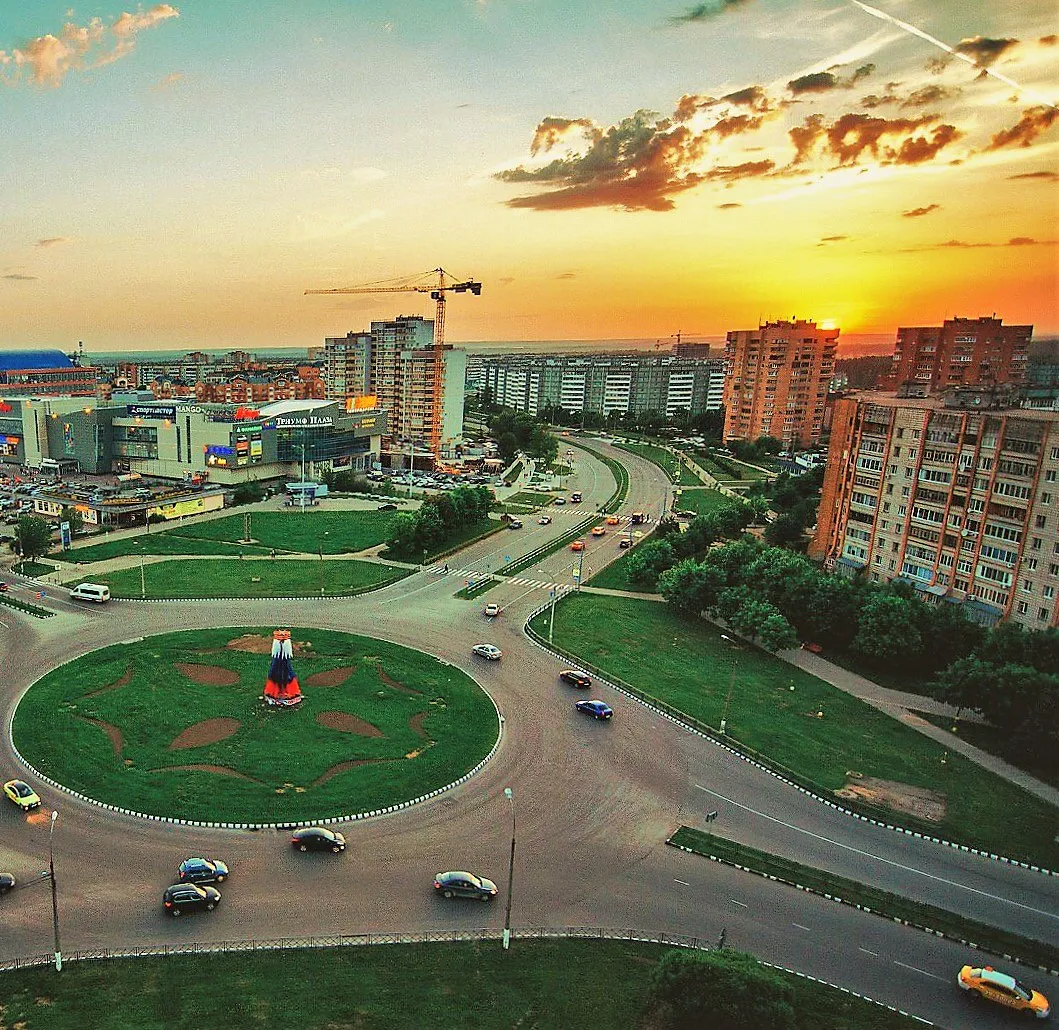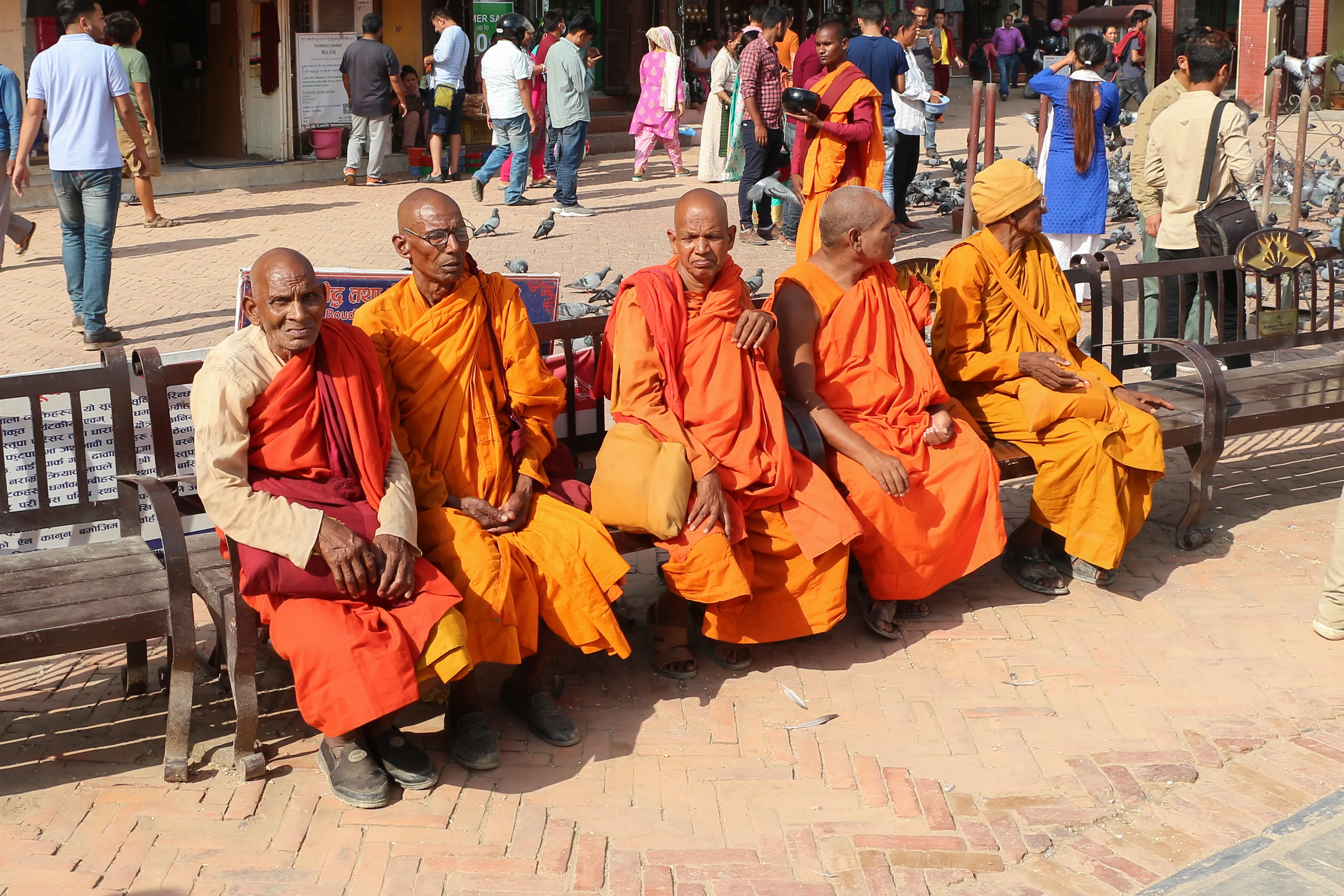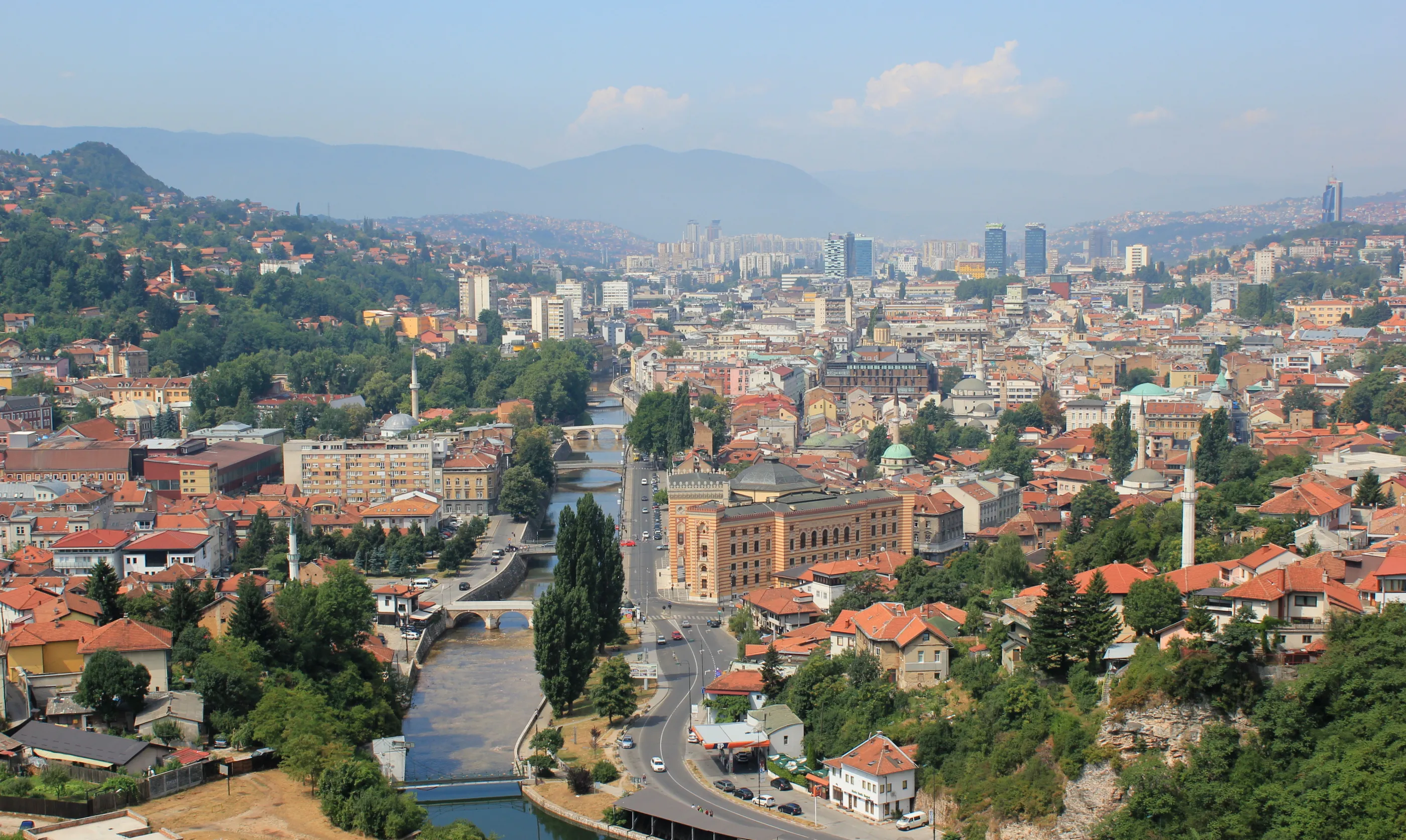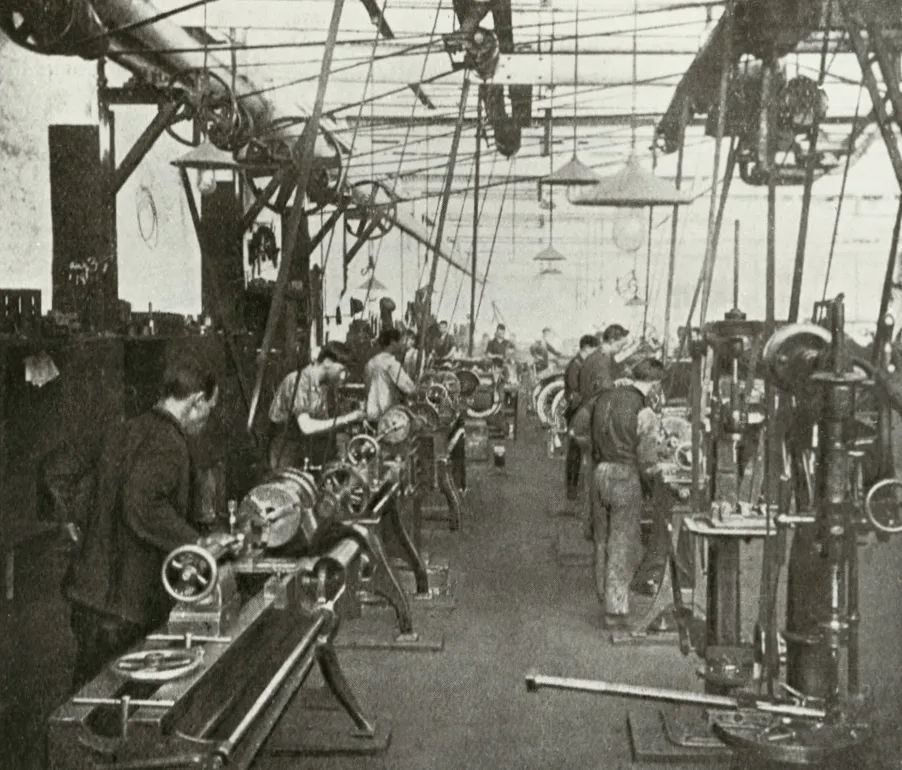History
News, analysis, and features about historical events, dates, figures, and discoveries.
NHK Revelations: The Psychology of Japanese Kamikaze Pilots in World War II
A documentary reveals the hidden mechanisms behind the legendary Japanese aircraft carriers, presenting previously unknown facts about their heroism and personal tragedies.
The Tragedy of Titan: A Documentary Account of the Underwater Disaster of the Titanic
The new Netflix documentary reveals the shocking details surrounding the fatal expedition of the Titan submarine to the sunken Titanic ship, presenting the scale of the 2023 tragedy.
A Royal Wedding That Changed the World: Charles and Diana 1981
An epic wedding ceremony, followed by hundreds of millions of viewers, which marks a turning point in British royal history and the global popularity of the monarchy.
Obninsk: The Revolution in Nuclear Energy - The First Civil Nuclear Power Plant in History
An epoch-making technological breakthrough in the USSR in 1954, when the first nuclear power plant for peaceful purposes was launched, changing the global energy landscape.
Revolution in Communications: The First Transatlantic Telegraph Cable
A historic engineering achievement from 1866 that connected Europe and America through the first stable telegraph communication line, forever changing global communications.
The Historic Armistice in Korea: The End of the Bloody Conflict of 1953
A historic moment in international relations - the signing of an armistice, which puts an end to the three-year war and divides the Korean Peninsula into two warring parts.
Documentary Epic of Resistance: The War in Ukraine Through Chernov's Lens
Mstislav Chernov presents a unique film narrative about the liberation of the village of Andriyivka, revealing the human dimension of the conflict through authentic footage and personal stories.
Meredith Monk: A Musical Revolution in a Documentary Portrait
The new documentary film "Monk in Pieces" presents the unique creative journey of avant-garde composer Meredith Monk with the participation of world-renowned musicians Björk and David Byrne.
Revolution in Reproductive Medicine: The Birth of the First In Vitro Baby
A momentous moment in medical science - the birth of Louise Brown in 1978 opens new horizons for infertile couples and changes the understanding of human conception.
The Epic Crossing of the English Channel: How Louis Blériot Changed Aviation History
The first successful flight over the English Channel in 1909 by French pilot Louis Blériot marks a revolutionary moment in the development of aviation and international communications.
WWE Reveals the Backstage: A Documentary Portrait of Professional Wrestling
Netflix presents an exclusive documentary series that unveils the secrets of WWE, telling the story behind the world's most popular wrestling show through the eyes of its leading stars.
An Epic Documentary Account of Hurricane Katrina: 20 Years Later
National Geographic presents a large-scale documentary series about the devastating Hurricane Katrina, revealing stories of survival, social challenges, and human resilience.
Bulgarian documentary masterpiece with a prestigious selection at the Sarajevo Film Festival
The Bulgarian documentary film "Letters" achieves a remarkable success by being selected in the official competition program of one of the most renowned film forums in Southeast Europe.
The Stellar Guardians of Smolyan: A Documentary Narrative about the Planetarium
Director Andrey Hristozokov presents a unique perspective on an institution dedicated to space research through an emotional documentary that reveals the human dimension behind scientific discoveries.
The First Bulgarian Automobile Factory: A Technological Breakthrough in Industrial Development
On July 24, 1934, a large-scale industrial project near Sofia was launched, which laid the foundations of national automobile production and modernized the Bulgarian economy.















